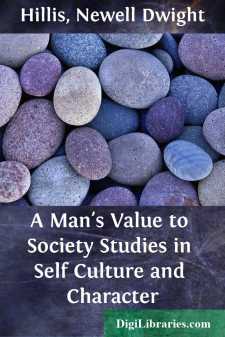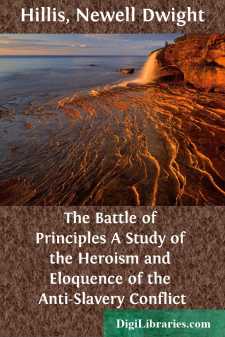Categories
- Antiques & Collectibles 13
- Architecture 36
- Art 48
- Bibles 22
- Biography & Autobiography 813
- Body, Mind & Spirit 142
- Business & Economics 28
- Children's Books 17
- Children's Fiction 14
- Computers 4
- Cooking 94
- Crafts & Hobbies 4
- Drama 346
- Education 46
- Family & Relationships 57
- Fiction 11829
- Games 19
- Gardening 17
- Health & Fitness 34
- History 1377
- House & Home 1
- Humor 147
- Juvenile Fiction 1873
- Juvenile Nonfiction 202
- Language Arts & Disciplines 88
- Law 16
- Literary Collections 686
- Literary Criticism 179
- Mathematics 13
- Medical 41
- Music 40
- Nature 179
- Non-Classifiable 1768
- Performing Arts 7
- Periodicals 1453
- Philosophy 64
- Photography 2
- Poetry 896
- Political Science 203
- Psychology 42
- Reference 154
- Religion 513
- Science 126
- Self-Help 84
- Social Science 81
- Sports & Recreation 34
- Study Aids 3
- Technology & Engineering 59
- Transportation 23
- Travel 463
- True Crime 29
Newell Dwight Hillis
Newell Dwight Hillis (1858–1929) was an American Congregationalist minister, writer, and public speaker known for his moral and religious essays. He authored numerous works focusing on ethics, Christianity, and social issues, including "The Quest of John Chapman" and "Great Books as Life-Teachers." Hillis served as pastor of Plymouth Church in Brooklyn, succeeding Henry Ward Beecher, and gained a reputation for his eloquent sermons. His writings often combined philosophy, religion, and history, addressing the moral challenges of his time.
Author's Books:
Sort by:
1. The Kaiser's Hatred of the United States It is a proverb that things done in secret soon or late are published from the housetops. Certainly everything that was hidden as to the plots of the Potsdam gang is, little by little, now being revealed. Nothing illustrates this fact better than that volume published in Leipsic in 1907, called "Reminiscences of Ten Years in the German Embassy in...
more...
"There is nothing that makes men rich and strong but that which they carry inside of them. Wealth is of the heart, not of the hand."—John Milton. "Until we know why the rose is sweet or the dew drop pure, or the rainbow beautiful, we cannot know why the poet is the best benefactor of society. The soldier fights for his native land, but the poet touches that land with the charm that makes...
more...
I RISE OF AMERICAN SLAVERY: GROWTH OF THE TRAFFIC The history of the nineteenth century holds some ten wars that disturbed the nations of the earth, but perhaps our Civil War alone can be fully justified at the bar of intellect and conscience. That war was fought, not in the interest of territory or of national honour,—it was fought by the white race for the enfranchisement of the black race, and to...
more...




